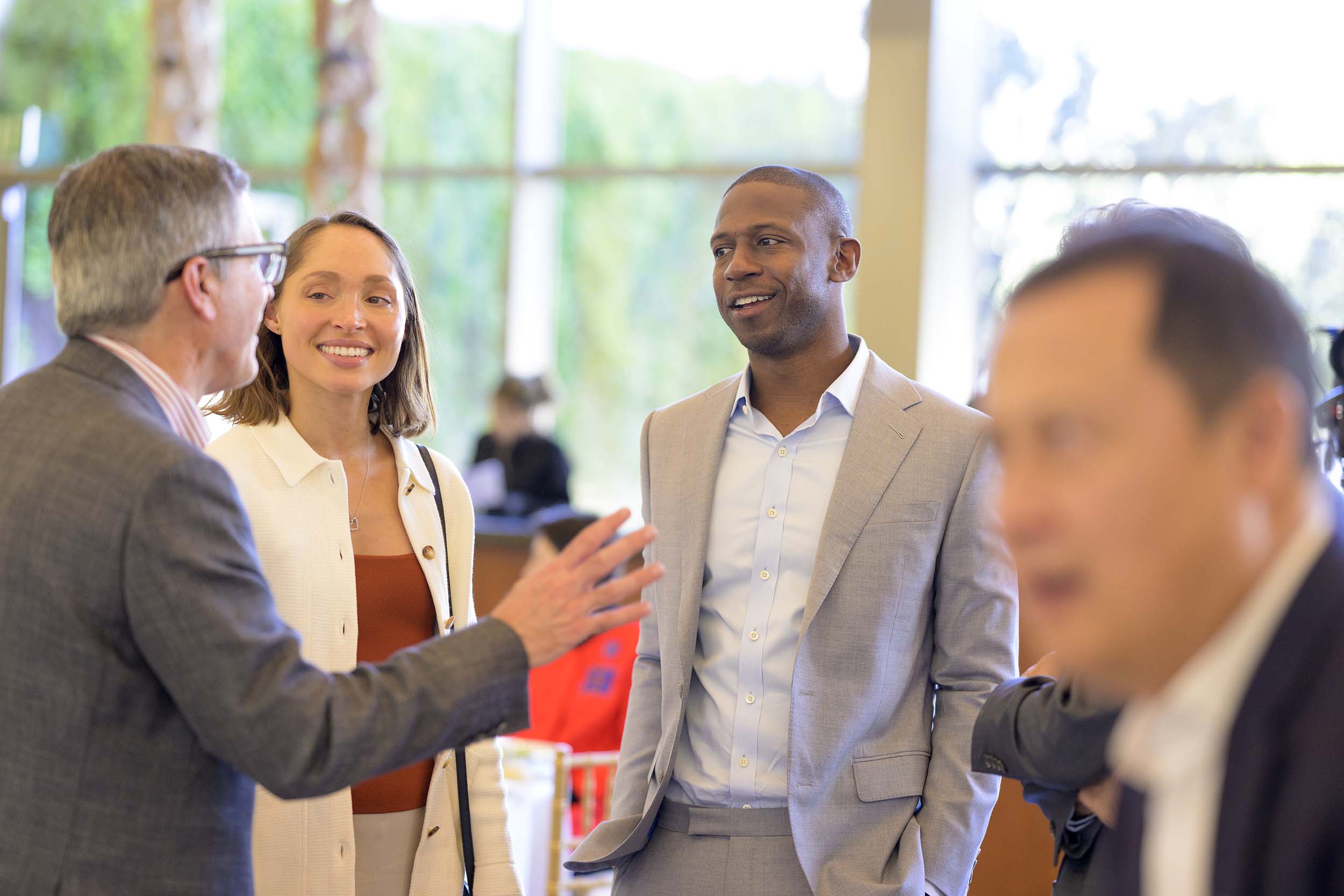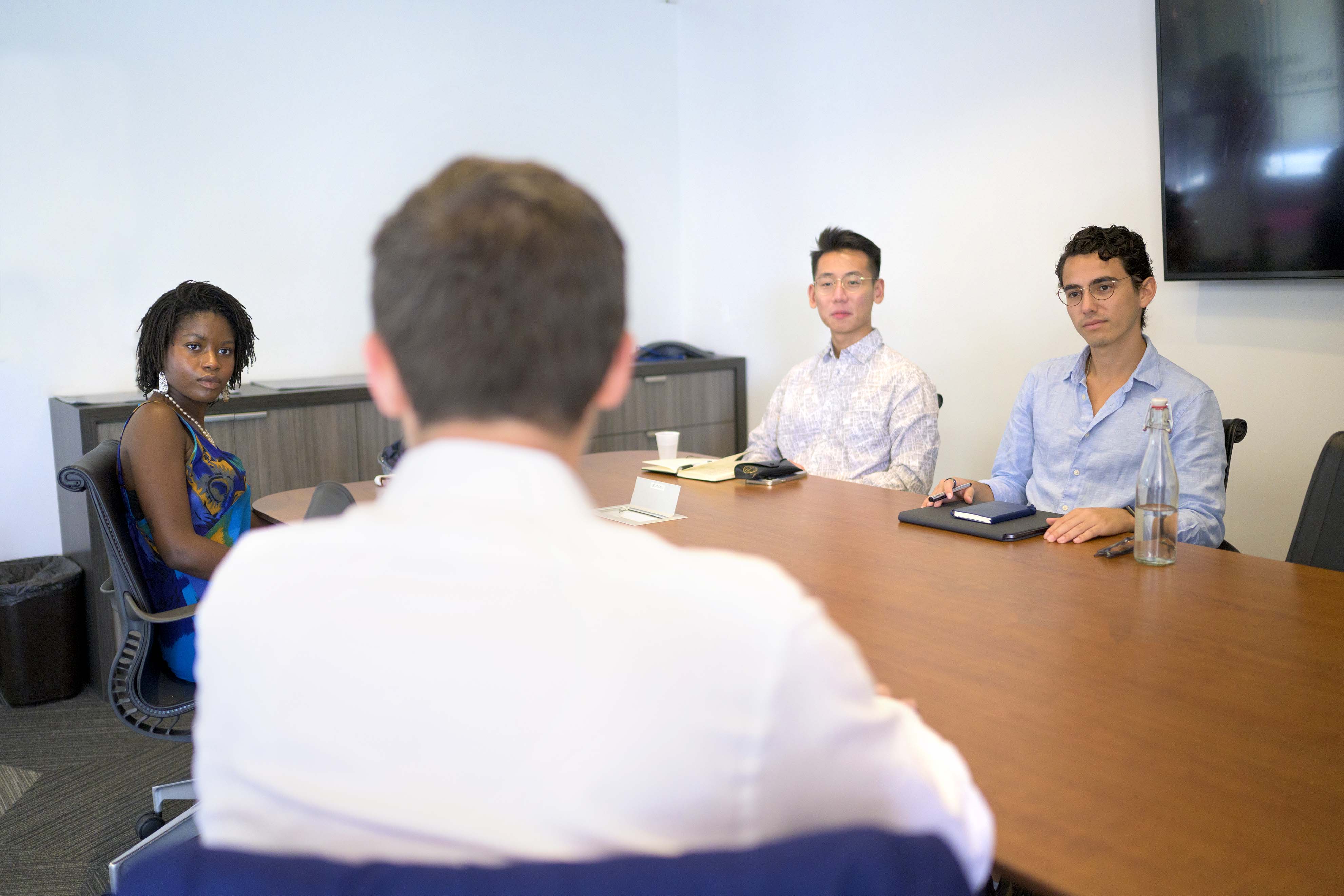Investing in Future Leaders
Guided by an unwavering commitment to our founding mission, CMC's evolution, growth, and success will endure for future generations of responsible leaders in business, government, and the professions.
We seek to build upon the incredible foundation of our record-breaking Campaign for CMC: Responsible Leadership and further elevate the CMC experience, expand opportunities, and impact the lives of our students. Your continued support is incredibly powerful—and there is still so much to be done for our community.

The Power of Community
Every year, thousands of alumni, parents, students, and friends advance the mission of the College—their generosity supporting all aspects of the CMC experience. Our most loyal supporters contribute to long-term goals and critical needs—while also enjoying special engagement opportunities—as members of the Crown Society, Res Publica and President’s Society, and as 1946 Legacy Partners. There are so many ways to support CMC and our students.
Impact of Your Gift
Thanks to the 12,000+ donors of the record-breaking The Campaign for CMC: Responsible Leadership and guided by an unwavering commitment to our founding mission, CMC’s evolution, growth, and success will endure for future generations of responsible leaders in business, government, and the professions.

